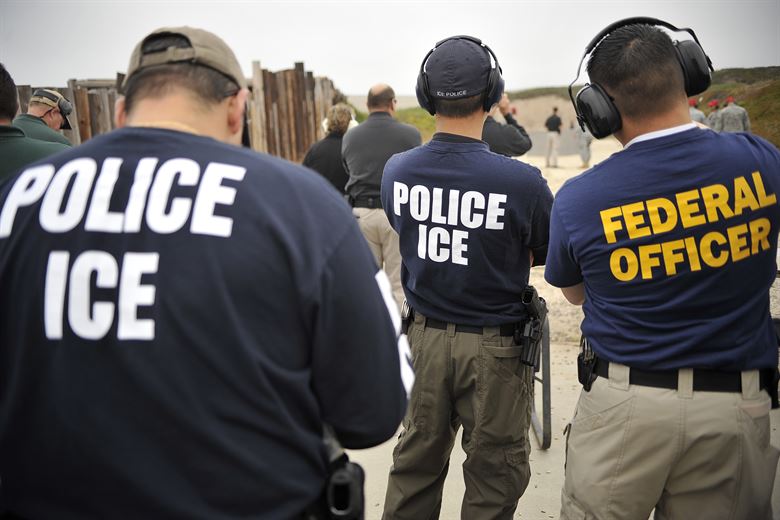Vicky Chavez, a Utah mother of two that fled Honduras to come to the United States in 2014, is facing deportation from federal officials with Immigration and Customs Enforcement (ICE).
In an interview with The Salt Lake Tribune, Chavez said she fled her hometown of San Pedro Sula to escape domestic abuse and sexual violence, as well death threats made towards her young daughter.
According to Business Insider, the city of San Pedro Sula has been the world’s most murderous city since 2011. The city’s annual murder rate is 169 per 100,000 residents, almost triple the rate of the most dangerous city in the U.S.: Flint, Michigan, where 62 for every 100,000 residents are murdered anually.
Sarah Kinosian from the Center for International Policy has referred to San Pedro Sula as the “most dangerous place on Earth outside of a war zone.”
In December 2014, the same year Chavez fled to the U.S., Kinosian traveled to Honduras to document the horrors that its citizens face in everyday life. In a report titled “Honduras: A Government Failing to Protect Its People,” Kinosian highlights the unimaginable violence that has taken over San Pedro Sula.
“Entire blocks of the city are abandoned for fear of gangs,” Kinosian wrote in a blog post about the report’s findings. “Nearly every citizen is forced to pay what has come to be known as a ‘war tax,’ or extortion fees to the various street gangs that have overtaken the city.”
In addition to a backlog in autopsies due to frequency of bodies coming in, “many corpses end up in mass graves, either because they cannot be identified or their loved ones fear gang reprisal if they claim them,” Kinosian wrote. “Most victims have been shot, more and more bodies are being found tortured and tied up in plastic bags. Those killed tend to be young men, but more female victims are coming in this year than before.”
After Chavez came to Laredo, TX in 2014, she asked for asylum and was placed in the Immigration and Enforcement’s Alternatives to Detention program, The Salt Lake Tribune reported. In December 2016, a Salt Lake City judge ordered her be removed from the country; her attempt to appeal the decision was denied in June 2017.
By January 2018, Chavez had requested a state of removal, a temporary postponement of deportation orders. On Jan. 30, Chavez’s request was denied. With that, the 30-year-old mother had exhausted her appeal options.
Chavez was scheduled to be deported the night her appeal request was denied. At the last minute, as she was preparing to leave for the airport with her two daughters, a 4-month-old and a 6-year-old, Chavez went to the First Unitarian Church in Salt Lake City instead.
In a recent vote, the First Unitarian congregation approved providing sanctuary for undocumented immigrants facing deportation, The Deseret News reported. Assistant Minister Monica Dobbins said the congregation, as well as volunteers from groups like Red de Solidaridad and Unidad Inmigrante, are willing to face legal repercussions for their role in aiding Chavez.
“This is a faith issue,” Dobbins told the Deseret News. “We’re considering this civil disobedience to an unjust law.”
Law and morality are not synonymous. Laws are dependent on political structures and systems, and the legality of an action does not determine whether it is morally justified. In many cases, laws are not nuanced enough to account for the variety of factors that go into ethical decisions. In other cases, the law outright gets it wrong.
In this case, the law has it wrong. Deporting a young mother, against whom there is no evidence stating that she poses any threat to the state or country, and forcing her to return to the murder capital of the world is wrong. It is all but a death sentence for someone whose crime was fleeing violence.
In a world where conscience and legality conflict, it is all too easy to use the law as a shield to avoid making difficult decisions. The First Unitarian Church, its congregants and the volunteers providing asylum for Chavez all deserve our complete admiration for their courage and compassion in the face of injustice, whatever the cost to themselves. State and city leaders ought to follow the First Unitarian Church’s example and grant Chavez asylum.


